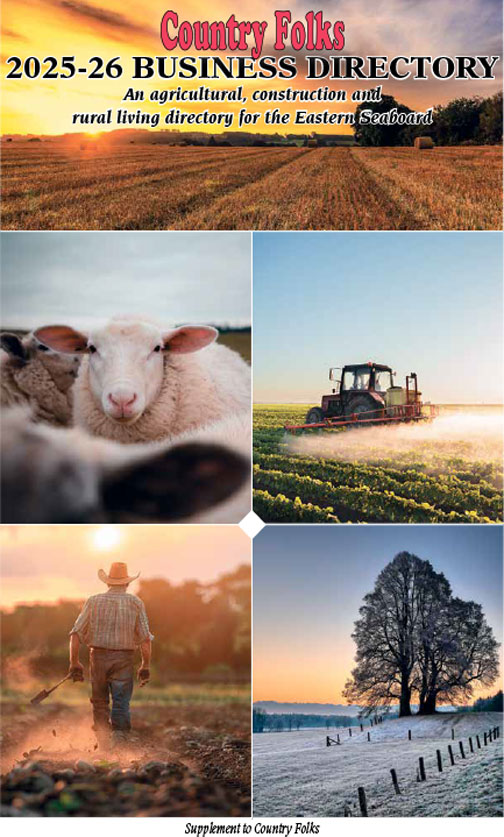Robert Kroeger’s latest book, “Stone Barns of America,” is more than just a collection of photographs and facts. It is a testament to the artistry, history and determination etched in the walls of stone barns scattered across the country.
Released in 2025, this book, like its predecessors, isn’t just about architecture. It’s about telling the oft-forgotten stories of a bygone America, where stone barns once played a crucial role in agriculture and community life.
Kroeger, a Cincinnati-based artist and historian, never expected to find himself documenting the history of barns, but when life pivoted unexpectedly in 2012, he found himself on a path that would alter the trajectory of his artistic career.
The story starts with love, loss and the promise of new beginnings. Bob, a widower, remarried in 2012 and with his new wife came a shared tradition. Each year, they would alternate who chose where they would take their anniversary trip. It was on one such trip that Bob’s artistic life would change forever.
During a trip about an hour outside Columbus, Ohio, Bob found himself captivated by an old wooden barn. The barn had seen better days, but rather than being a symbol of decay, it was a symbol of resilience. Something about the barn spoke to him.
“The whole thing was tilting about 10º. The barn called to me and I had to paint it and tell its story,” Bob recalled.
The barn was built circa 1830 and was a silent witness to almost two centuries. He asked permission to paint it and the owner obliged.
Bob went on to create the portrait “Granville Gray,” named after the barn’s location. Instead of traditional brushes, Bob used thick oil paints and palette knives. That painting marked the beginning of Bob’s artistic barn journey. What followed was a book that would make him a notable name in the niche of historic barn art.
Seven years ago, Bob partnered with Arcadia Publishing’s History Press to release “Historic Barns of Ohio” in 2021. This book featured one barn from each of Ohio’s 88 counties, bringing attention to the architectural history and significance of barns in the state.
The book was an immediate hit. Readers were enamored with Bob’s ability to capture the soul of these structures, highlighting both their aesthetic beauty and historical importance.
“We had a huge success,” Bob shared. “It was a best seller.”
But despite the success, when Bob approached the publisher with the idea for a second book, they rejected the pitch. They were concerned that another book might compete with his current one.
“They said that the first one was selling so well, they didn’t want to offer anything that might compete with it and risk bringing down its numbers,” Bob explained. “I understood their reasoning. They were just protecting their best seller.”
Not deterred by this setback, Bob found a new partner in Acclaim Press, a publishing house known for its commitment to preserving local history and culture. The result was “Round Barns of America,” released in 2022.
“Round barns are pretty much any barn that doesn’t have right angles. So, not just circular barns, but six-sided barns and many other different shapes,” Bob said.
This book marked a departure from Bob’s first project. Rather than focusing solely on Ohio, “Round Barns of America” cast a wide net, reaching across the U.S. The book also saw a major shift in its visual presentation – it was printed in full color, allowing Bob’s vivid depictions of barns to shine.
“Round Barns of America” was equally well received, adding to Bob’s growing reputation as a master of barn artistry and storytelling. But for Bob, it wasn’t just about the barns themselves; it was about the stories hidden within their walls.
That brings us to “Stone Barns of America,” Bob’s latest masterpiece. This book is a labor of love and a deeply personal project. When Bob turned in his final manuscript the publisher was overwhelmed by the sheer volume of material he had gathered.
“There was just too much content,” Bob laughed, “so we decided to split it into two editions. This first one covers stone barns east of the Mississippi River, from New England down to Georgia.”
Bob’s journey to uncover these stone barns took him to regions rich with history, where these barns are often the last remnants of a bygone era. The book shines a spotlight on a treasure trove of stone barns located in the western New Jersey/southeastern Pennsylvania/northern Maryland region, an area Bob describes as a true “mother lode” of historic barns.
“You can drive for hours in that area and never see a Home Depot, Lowe’s or Costco. It’s like you’re back in time,” Bob remarked.
“The round barn stories were great, but I think these stone barns have even better stories. We have to remember that once these barns are gone, their stories are gone with them. That’s why it’s so important to preserve these stories now. The barns may be fading, but their memories are worth saving.”
While his first edition has just been released, Bob knows it will take time to finish the full scope of the project. The second edition, covering stone barns west of the Mississippi River, will take at least another couple of years to complete.
Bob’s passion for barns and their history speaks to a larger, perhaps more universal longing. As our world grows increasingly fast-paced and modernized, we tend to lose sight of the quiet, simple structures that once held our communities together. Bob’s books are a reminder of the importance of looking back, of honoring the stories that shaped the world we live in today.
Featured photo: Courtesy of Robert Kroeger





